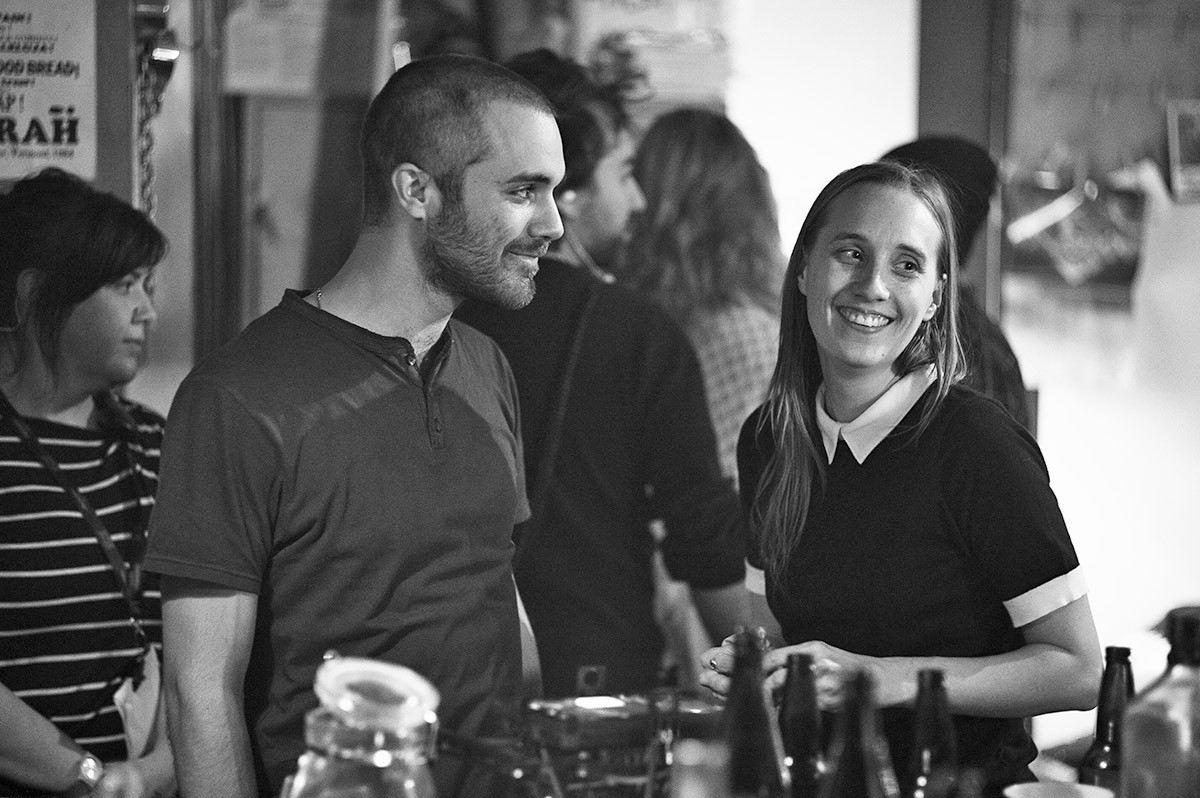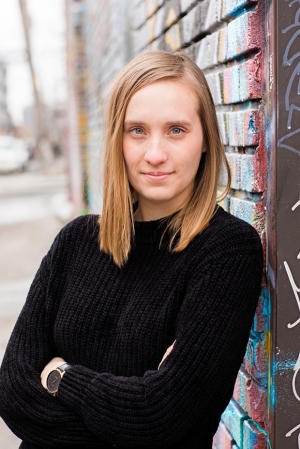SD: “It’s inspired by a true story about a debt collector who targets drug users who owe money. As an only child, I’m also fascinated by sibling relationships. I created a fictional story and wrote it in a very short period of time.
To be honest, making this film was a wonderful experience. It took about three years to make, which isn’t long in the feature-film world.”
Chien de garde was your feature-film debut. What was it like to make the transition from directing short films to making Chien de garde?
SD: “The transition was fairly easy. I put as much work, proportionately speaking, into Chien de garde as I did into my shorts. I had the time to work with my actors, develop the script, work with each department and all my collaborators; It was a very fluid experience.”
Chien de garde was loved by filmgoers and film critics. How did you feel when your film was chosen as Canada's contender in the Oscars' best foreign-language film category?
SD: “When Telefilm Canada called to say we had been chosen, it was a big surprise. My producer and I both knew we had made a very good film but I thought the Oscars might not be accessible to us. We were thrilled to have been chosen; it marked a high point in our film’s incredible journey.”
Do you think it was more difficult for you as a woman to break into the film business?
SD: “I don’t think it was difficult and I never felt that I was taken less seriously because I am a woman. I have previous generations of female filmmakers to thank for this. They really laid the groundwork for someone like me.”
How did your time at Concordia help shape you and your career?
SD: “Concordia creates artists, not just technicians. While a student there, I was really encouraged to follow my instincts and emotions. One of the first short films I made at school, J'viendrai t'chercher, travelled the world and won awards.
Concordia also taught me how to work with others. After all, you can’t make a film by yourself.”


 Sophie Dupuis (right) on the set of her 2018 crime drama Chien de garde. | Photo: Babas Photography
Sophie Dupuis (right) on the set of her 2018 crime drama Chien de garde. | Photo: Babas Photography
 "Concordia creates artists, not just technicians." | Photo by Patrick-Joseph Dufort
"Concordia creates artists, not just technicians." | Photo by Patrick-Joseph Dufort